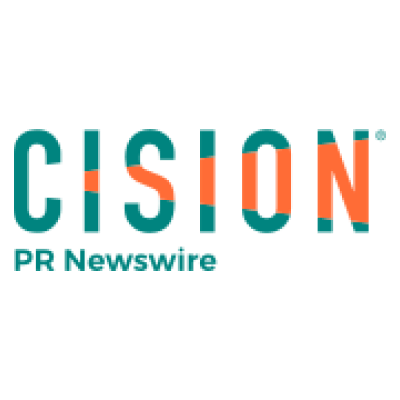

marketing technology
Hologic Joins Forces with VolitionRx on Epigenetic Profiling Tech
Hologic Joins Forces with VolitionRx on Epigenetic Profiling Tech
 PR Newswire
PR Newswire
Published on : Sep 30, 2025
When biotech meets epigenetics, the result can be a lot more than another scientific acronym. VolitionRx, the multinational epigenetics firm best known for its nucleosome-based biomarkers, has signed a deal with Hologic Diagenode to co-market its Nu.Q Discover service—a suite of assays designed for rapid epigenetic profiling.
The move could accelerate adoption of epigenetic biomarkers in pharma R&D, potentially reshaping how scientists approach drug development, clinical studies, and even personalized medicine.
A Market on the Brink
Nu.Q Discover isn’t just another lab kit. It promises faster, scalable insights into disease models, preclinical testing, and clinical trial design. Volition pegs the addressable market at around $200 million annually—a figure that looks increasingly realistic as biopharma companies race to integrate epigenetic data into treatment pathways.
Hologic, which booked over $4 billion in revenue in 2024, brings global reach and a hefty customer base across biotech, pharma, academia, and government. For Volition, that’s a distribution pipeline it couldn’t easily build on its own.
If the one-year partnership proves successful, Hologic could become the exclusive provider of Nu.Q Discover services. That exclusivity clause hints at confidence from both sides that epigenetic profiling is moving from niche research to mainstream application.
Why This Matters
Epigenetics has long promised to explain why two patients with the same diagnosis can respond differently to treatment. By quantifying nucleosomes—fragments of DNA wrapped around proteins—Nu.Q Discover aims to give researchers a clearer read on disease progression and drug response.
“By incorporating Nu.Q biomarkers into study design, we may identify specific epigenetic signatures linked to disease states and treatment responses,” said Raphael Werding, Head of Life Sciences at Hologic. “That helps match patients with the therapies most likely to benefit them—while sparing others from ineffective treatments.”
That statement isn’t just marketing fluff; it’s a nod to one of pharma’s thorniest challenges: cutting the trial-and-error out of precision medicine.
Looking Ahead
The partnership also signals how major diagnostics players are hedging bets beyond oncology. Hologic notes potential in cardiovascular, neurodegenerative, and immunology research—disease areas where early, precise biomarkers are still lacking.
For Volition, the collaboration is also about validation. Having a heavyweight like Hologic back its nucleosome quantification technology gives the Nu.Q platform more credibility in a field crowded with competing biomarker approaches.
Industry watchers will be keeping an eye on how quickly Nu.Q Discover adoption scales. With rivals investing heavily in AI-driven drug discovery platforms and biomarker innovation, Volition and Hologic may need to move fast to secure their stake in a rapidly fragmenting market.
But one thing is clear: epigenetics just scored a much bigger stage.
Get in touch with our MarTech Experts.




